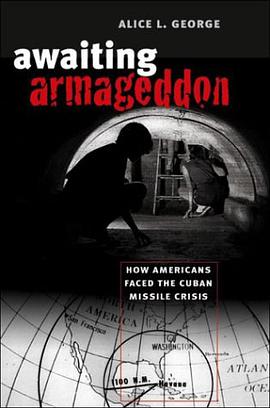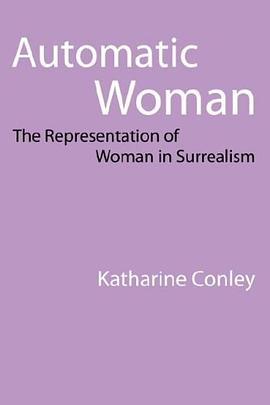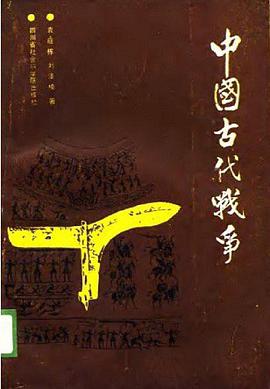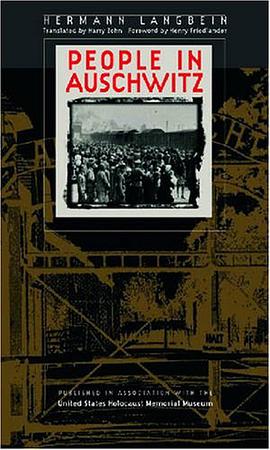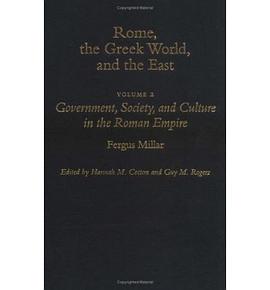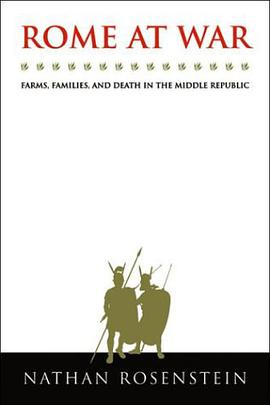

具体描述
Historians have long asserted that during and after the Hannibalic War, the Roman Republic's need to conscript men for long-term military service helped bring about the demise of Italy's small farms and that the misery of impoverished citizens then became fuel for the social and political conflagrations of the late republic. Nathan Rosenstein challenges this claim, showing how Rome reconciled the needs of war and agriculture throughout the middle republic. The key, Rosenstein argues, lies in recognizing the critical role of family formation. By analyzing models of families' needs for agricultural labor over their life cycles, he shows that families often had a surplus of manpower to meet the demands of military conscription. Did, then, Roman imperialism play any role in the social crisis of the later second century B.C.? Rosenstein argues that Roman warfare had critical demographic consequences that have gone unrecognized by previous historians: heavy military mortality paradoxically helped sustain a dramatic increase in the birthrate, ultimately leading to overpopulation and landlessness.
作者简介
目录信息
读后感
评分
评分
评分
评分
用户评价
相关图书
本站所有内容均为互联网搜索引擎提供的公开搜索信息,本站不存储任何数据与内容,任何内容与数据均与本站无关,如有需要请联系相关搜索引擎包括但不限于百度,google,bing,sogou 等
© 2026 book.wenda123.org All Rights Reserved. 图书目录大全 版权所有

